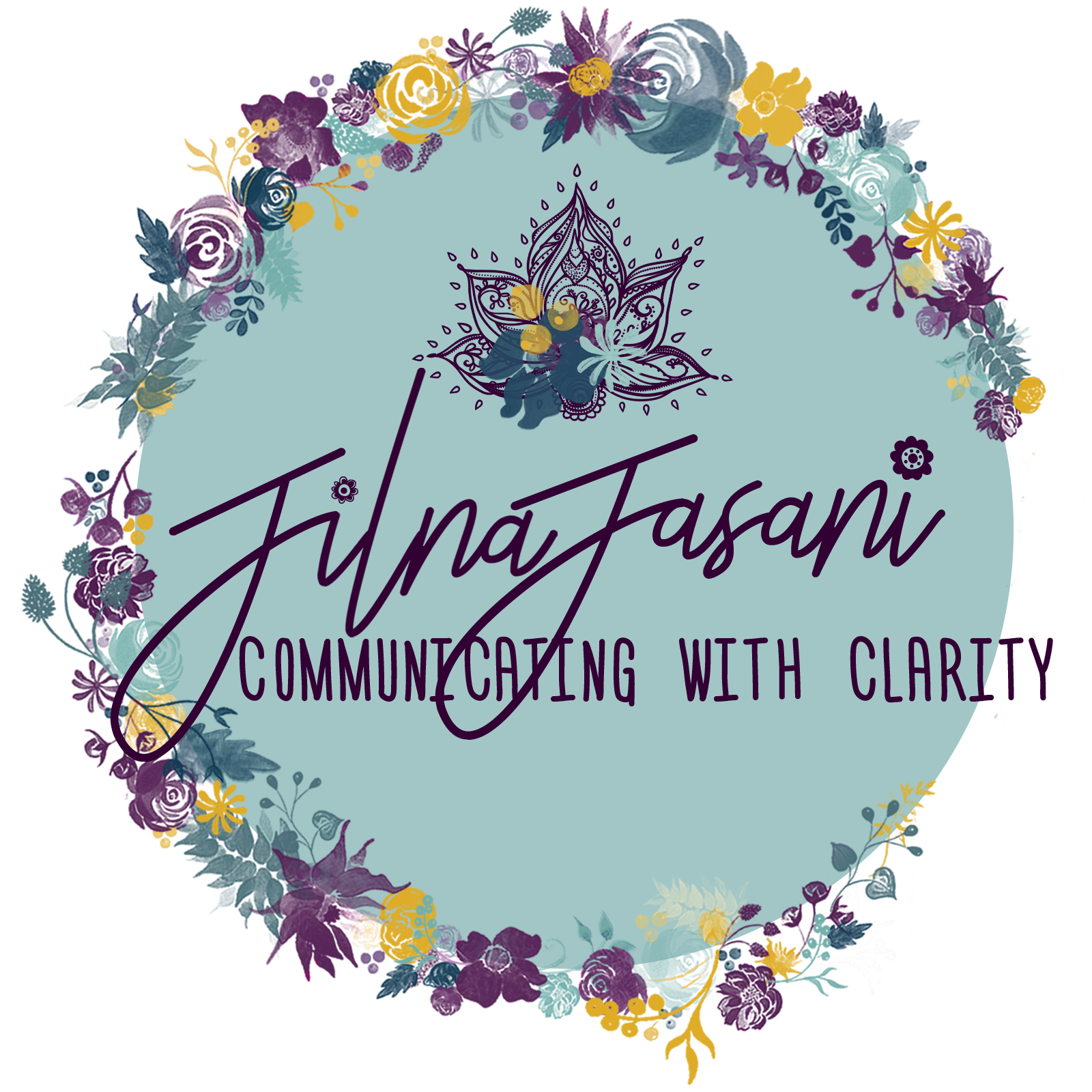
How to Stay Present with People Who Suffer

I’m so happy to witness the love you have for yourself in being able to engage in these conversations with me!
It truly warms by heart.
This post is for you:
…if you know you’re a highly sensitive mom and want to understand why you attract people who suffer
…if you have a highly sensitive child and want to understand why they take on another’s suffering so quickly
…if you experience other’s emotions at a heightened level and want to understand what’s holding you back from creating the boundaries you need to support your own emotions
…if you want to understand your child’s high sensitivity and how that will affect their relationships
At the end of this post, I will share with you what it looks like to stay present with people who suffer.
First, sensitivity is not an illness. It is an innate energy trait that varies in strength.
My son, Jian, is a highly sensitive child. He experiences his own and other’s emotions a lot more powerfully than I do. I experience being able to bounce back from other’s emotions a lot easier than he does.
It’s a perfectly normal desire for both of us, to want to be able to have empathy and be resilient at the same time.
What I’m sharing here is that both energy traits have a purpose in the universe, and neither of them are good or bad. In order for both of us to experience our desires for equal empathy and resilience, we can learn the skills needed to balance our natural traits out so that we can feel less of a contrast in the world…but that’s for another post.
Today I’m talking about the contrast that a highly sensitive person feels around people who suffer. It’s typical for those of us who are highly sensitive to be the most susceptible to another’s suffering given their heightened ability to feel emotions, and therefore to get affected the most.
This is why boundaries are very important for highly sensitive children and adults.
Let’s look at how a highly sensitive person gets affected…
A highly sensitive mom, whose emotional body as a young child was used to carry the emotional burden of their caretaker, may have learned to become mute, shut down, and inexpressive, in order to help themselves carry the emotional body of their caretaker.
Through the habit/pattern of carrying another’s emotional body, they learned that as part of their responsibility, they needed to hold the other’s pain. They became accustomed to that way of living, and therefore attracted situations and relationships in their life that needed to be taken care of. That’s simply what their body knew how to do.
Now let’s look at habits/patterns of your emotional body…
If you’re highly sensitive but muted, shut down, and inexpressive around others, can you see these traits in either of your parents? If so, these expressions (fear) in your body are an unconscious reminder of your emotional body’s habit/pattern. Therefore, you may attract situations and relationships which are also muted, shut down, and inexpressive.
In order to make sense of seeing if someone’s suffering is a mirror to your own suffering, see if the inquiry below helps you identify the pattern:
…do you remember needing your caretaker to be more expressive and to share what they were experiencing?
…if they had expressed what they were experiencing, how would you have felt?
…would it have lessened your load in any way?
…is this what you’re seeking from the situation/relationship you’ve attracted as well?
…what would it feel like for you to release that control of needing them to express themself?
…what if releasing that control allowed you to release your inner child from carrying that weight on your shoulders?
…what would it take for you enter the present moment within that situation/relationship, so that you didn’t feel the need to retreat from them?
By controlling the other person’s experience, you’re avoiding seeing your inner child.
But if you acknowledge their experience, you’re releasing your inner child from the burden.
This practice of seeing your inner child will lessen their load, build their trust, and loosen their tension. Over time, you will be able to hold the necessary energetic or physical boundaries.
Dr. Gabor Mate has a beautiful message around how to stay present with people who are suffering. I’ve shared it with you below. Let me know if it resonates. If it does, where do you see yourself?

It’s normal to be eager to create the boundaries you need in order to live in the middle way, and I genuinely believe you can. You’ve come a long way with all the healing you’ve done. I encourage and invite you to continue to make sense of your habits/patterns first.

